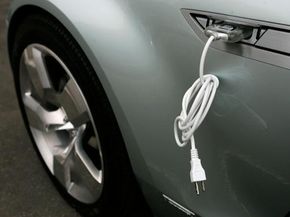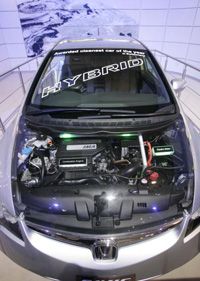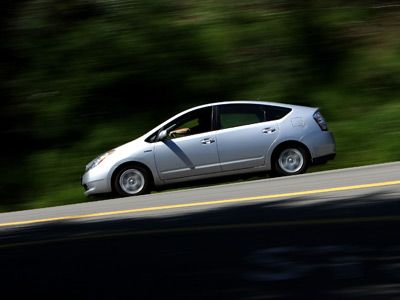Hybrid batteries typically last between eight to ten years or around 100,000 to 150,000 miles. This varies depending on several factors, including the make and model of the vehicle.
Some manufacturers offer warranties that cover the battery for up to 10 years or 150,000 miles. This provides peace of mind to buyers. However, many hybrid batteries can last longer with proper care. So, what can you do to get a long, useful life out of your hybrid vehicle?
Factors Affecting Battery Life
Several factors can influence the lifespan of a hybrid battery. Driving habits play a significant role. Frequent short trips can wear out the battery faster than longer, steady drives.
Climate also impacts battery life. Extreme temperatures, both hot and cold, can reduce battery efficiency and longevity. Regular maintenance and following the manufacturer’s guidelines are essential. This ensures the battery stays in good condition.
How To Know When You Need A New Battery
It's important to recognize the signs of a failing hybrid battery. A decrease in fuel economy is often one of the first indicators. If you notice your hybrid car needing more gas than usual, it might be time to check the battery.
Warning lights on the dashboard, such as the battery or check engine light, can signal problems. Additionally, unusual noises from the battery compartment or issues with the electrical system may indicate a failing battery.
Extending the Life of Your Hybrid Battery
There are several ways to extend the life of your hybrid battery. Regular maintenance is crucial. This includes periodic checks and following the service schedule provided by the manufacturer.
Avoiding extreme temperatures can also help. Parking in a garage or shaded area during hot weather and using a block heater in cold conditions can protect the battery. Driving habits matter too. Smooth and steady driving reduces stress on the battery, helping it last longer.



